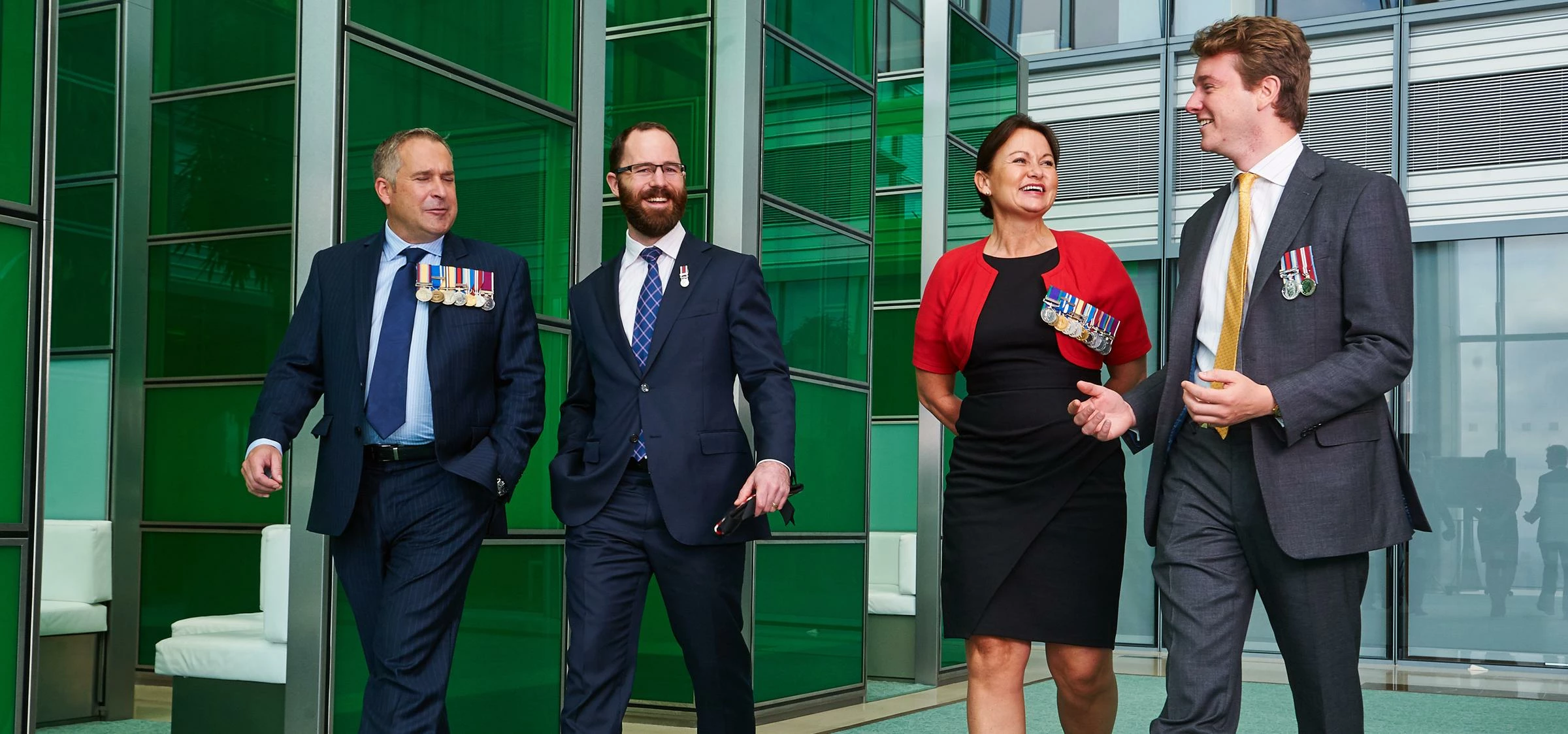
Partner Article
Are military skills being overlooked in the workplace?
No matter the sector you’re in or the size of your business, recruitment can be a challenging task for employers. From dedicating the time to source and interview numerous candidates to determining the employability of each, some organisations run the risk of recruitment by rote thereby overlooking vital talent in the process.
A high-quality and diverse workforce is integral to the success of any business. Different skillsets are borne out of varied experience and backgrounds, so it’s crucial that all walks of life are considered fairly and appropriately during recruitment stages. Yet, as recent research has shown one of the country’s most important pools of talent is being significantly undervalued – the military.
Individuals who have served in the military possess a wealth of valuable transferrable skills including leadership, discipline, and the ability to organise, plan and find solutions to complex problems, as well as innate service ethos values of integrity, team spirit and a ‘can do attitude’ that can bring real value to the commercial sector.
However, in a study conducted by Barclays in which 2,000 company decision-makers were asked to show how highly they would rate particular attributes on a CV, fewer than half (47%) of all employers surveyed said they would look favourably on military experience, with this figure dropping to 43% for in companies with 10-49 employees. Furthermore, 1 in 10 small business employers revealed they would even go as far as to look unfavourably upon forces experience.
With 12-20,000 high skilled individuals leaving the military annually, these findings are concerning. The story is also similarly concerning for those who have secured civilian employment. We recently surveyed 782 veterans now in civilian employment and learnt that only around a fifth believe their skills and experience are being fully recognised and put to good use in the workplace. Furthermore a third of veterans feel unchallenged by their current role.
There are clearly some misconceptions surrounding the types of skills that are built within the military, and a strong misunderstanding of how these could translate into the commercial world. If a person’s skillset is underutilised, they are likely to be de-motivated and less productive – both less than ideal situations for employee and employer.
The Barclays Armed Forces Transition Employment and Resettlement (AFTER) programme aims to demystify perceptions, and since 2010 has assisted over 3,700 veterans in their transition and hired over 300 ex-military in a variety of roles across the business. They represent a top talent cohort that has added significant value to our firm and saved us £1.5M in recruitment fees – a lesson that should be as heeded by small businesses as it is by larger organisations like Barclays.
More recently, with support from the Ministry of Defence and Career Transition Partnership, we have brought together a national coalition of willing companies and leading military charities into a new pilot partnership, Veterans Employment Transition Support (VETS). A regional scheme was launched in the East of England, VETS East, which provided an opportunity to share our best practice and bring long-term benefits to ex-military personnel in the area.
VETS looks to support all UK veterans. It doesn’t matter whether they are leaving the Armed Forces, or have already left, whether they are seeking employment because they are unemployed, or wishing to improve current employment prospects to better utilise their skill sets and enhance their careers, VETS will assist them. By creating a platform of connectivity and a coordinated system of best practice tested transition tools and mechanisms, it will also assist employers seeking to hire veterans into their work force by providing them with a greater access to a talent pool of individuals who have served in the military.
Without doubt, there are some steps that still need to be taken in order to achieve the significant shift in mind set required from employers in order to better understand and integrate ex-military personnel into the workforce most effectively. Small yet simple measures, such as considering the differences in the way army experience is portrayed on a CV and methodically translating these into workplace qualities can go a long way in improving outcomes for both employees and employers alike.
This was posted in Bdaily's Members' News section by Stuart Tootal .
Enjoy the read? Get Bdaily delivered.
Sign up to receive our popular morning National email for free.








 Raising the bar to boost North East growth
Raising the bar to boost North East growth
 Navigating the messy middle of business growth
Navigating the messy middle of business growth
 We must make it easier to hire young people
We must make it easier to hire young people
 Why community-based care is key to NHS' future
Why community-based care is key to NHS' future
 Culture, confidence and creativity in the North East
Culture, confidence and creativity in the North East
 Putting in the groundwork to boost skills
Putting in the groundwork to boost skills
 £100,000 milestone drives forward STEM work
£100,000 milestone drives forward STEM work
 Restoring confidence for the economic road ahead
Restoring confidence for the economic road ahead
 Ready to scale? Buy-and-build offers opportunity
Ready to scale? Buy-and-build offers opportunity
 When will our regional economy grow?
When will our regional economy grow?
 Creating a thriving North East construction sector
Creating a thriving North East construction sector
 Why investors are still backing the North East
Why investors are still backing the North East